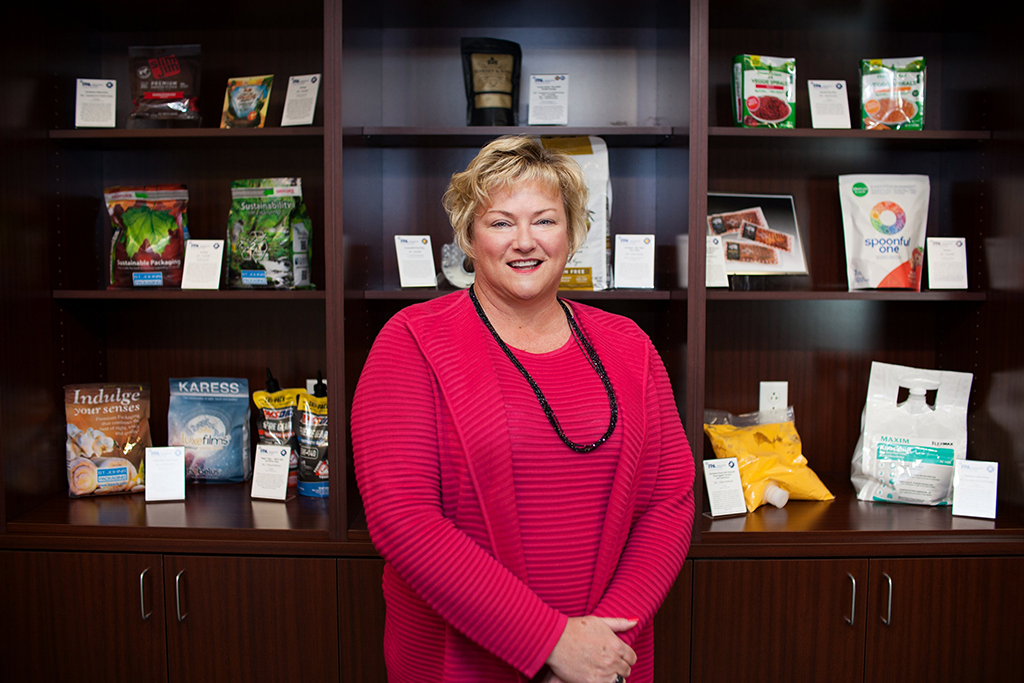Advocacy and Strategic Planning Round Out 2023

As the year ends and we all reflect on our accomplishments as well as our resolutions for the new year, the Flexible Packaging Association (FPA) has a lot to celebrate in 2023 and look forward to in 2024.
On the state level, the advocacy focus was again on extended producer responsibility (EPR) legislation, per- and polyfluorinated substances (PFAS) legislation and regulation, and the ever-present “ban” bills. FPA was successful in defeating poorly written EPR legislation and amending others to enable first-step state assessments and studies before full-blown EPR was implemented. On the PFAS front, FPA amended the Rhode Island legislation from 2022 to allow for additional time before polymer processing aids (PPAs) were impacted. And in Vermont, where PPAs were never intended to be regulated, FPA was instrumental in getting a delay in enforcement for all PFAS in food packaging. FPA was also helpful in killing the ban on all e-commerce plastic packaging that emerged in California for the past several years as well as a ban on certain plastic thermoforms that would have impacted flexibles.
On the federal level, the advocacy focus was on the aluminum foil circumvention case against South Korea and Thailand. FPA was successful in arguing that the mere use of aluminum ingot from China did not equate to circumvention for foil production, which has significant transformation and value-added processes. Thus, importers who can certify that aluminum foil coming from these two countries that is not made from Chinese sheet are exempt from the new duties. Further, FPA argued strenuously that South Korean foils should be exempt altogether based on the evidence that the U.S. Department of Commerce (DOC) cited in its investigation. FPA also argued that DOC had the authority and precedence to give the industry a use certification, such that all imported aluminum foil used in packaging converting would be exempt, unless and until it was available in the quantity and quality needed domestically. As of this writing, FPA is awaiting a final determination in the case.
Looking at activities other than advocacy, FPA updated our signature report—The State of the U.S. Flexible Packaging Industry Report—by instituting new questions, sections, and an interactive report format that allows individual members to customize the data to their needs. This feature is only available to the companies who participated in the survey.
Looking forward to 2024, FPA started two new and exciting work groups on membership recruitment and engagement and on reimagining our meetings, particularly the Fall Conference. These board-level work groups include current and former board members, Chairperson’s Advisory Council members, and members from the Emerging Leadership Council. This mix of the membership aims to help grow FPA and add more value to our meetings, including networking and technical education. This will lead to a bigger army to promote and protect the industry and more revenue to support FPA’s work on this front.
FPA also embarked on our strategic planning for 2024–2026, which will be finalized and approved at our 2024 Annual Meeting. I am proud of FPA’s accomplishments this year and look forward to continuing to promote and protect the industry in 2024 and beyond.

Alison Keane, Esq., IOM, CAE
President and CEO
Flexible Packaging Association


